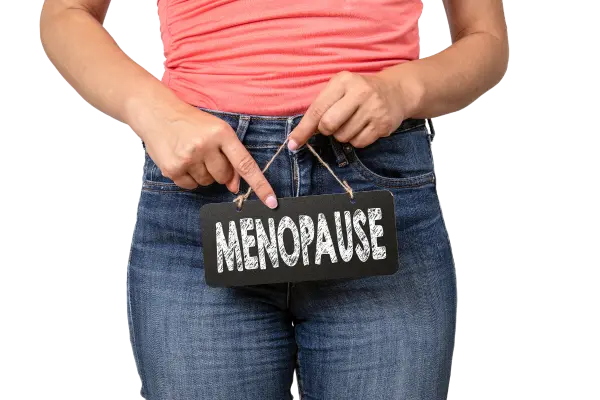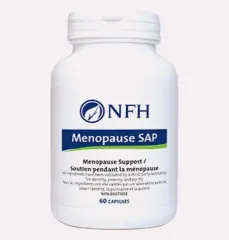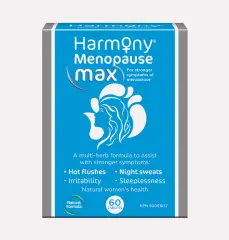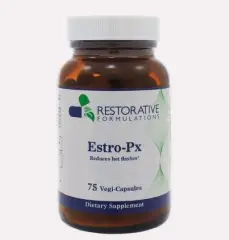Testing is a good way to start so we know what’s happening with the hormones. We check for estradiol, cortisol, and progesterone. Another essential level to check is FSH. During menopause, FHS levels tend to double or triple, which is a sure indicator of menopause.
Quick Search - Connect With Local Naturopaths - Find A Naturopath Near You
Top Naturopaths for Perimenopause & Menopause
“Dr. Jenna Priestap listened with no judgment and already gave goals to work on.”
From Our Academy
Perimenopause can be a frustrating time. Many women dealing with changes in their bodies often don’t know what’s happening. Perimenopause can occur anywhere between 2 to 10 years before menopause. The average age of menopause is about 45 to 55 years old, which means women can experience perimenopause as early as 35. You may find that your cycle is extending or, perhaps, shorter. While these symptoms are common, you don’t hear about them often because women don’t know that it is linked to their hormones or perimenopause.

Enhancing Your Menopause Journey with Naturopathic Medicine
Perimenopause & Menopause management is crucial as it focuses on all surrounding approaches. Naturopathic medicine utilizes home grown medication and lifestyle modifications to improve all side effects such as hot flashes and mood swings. Naturopathic doctors prioritize personalized care, hormonal adjustments, appropriate nutrition and well-being. The combination of holistic healing with traditional medicine as needed, results in extensive support, allowing women to encounter these transitions with optimized health and better standards of living.
Top Naturopaths For Perimenopause & Menopause With IV Therapy
Common Causes or Complaints of Perimenopause & Menopause
Frequently Asked Questions
We make recommendations depending on the severity of the symptoms. If symptoms like hot flashes and night sweats are debilitating, we recommend supplementation along with diet and lifestyle changes. If it’s not too bad, then focusing on diet is enough.
Chasteberry, also known as Vitex, is a hormone balancer. During menopause, estrogen and progesterone levels go down. Vitex helps balance these hormones and reduces a lot of symptoms. Black Cohosh helps with night sweats. Adding supplements for adrenal support like Ashwagandha helps women manage stress.
Common symptoms are hot flashes, night sweats, insomnia, fatigue, mood changes, forgetfulness, weight gain – especially around the midsection and changes in periods. You may find that your cycle is extending or, perhaps, shorter. Other symptoms include loss of breast fullness, decreasing restfulness, changes in body odour, bloating, and reduced muscle tone.
Visit a medical professional. They will likely recommend getting tests done, like checking the blood for estrogen, progesterone, testosterone and cortisol levels. High amounts of cortisol (the stress hormone) or a nutrient deficiency can worsen perimenopausal symptoms, making them more severe. The Dutch test is a fantastic testing panel—hormone metabolite testing shows how your body processes your hormones and what’s happening with them.
Women who eat fruits, vegetables, lean proteins and healthy fats show reduced symptoms compared to women who have a diet with highly processed foods. The Mediterranean diet is a great place to start and can be modified based on your lifestyle. Healthy fats like avocados, fish, nuts and seeds are essential for hormones. Green leafy vegetables, especially cruciferous vegetables like broccoli, cauliflower, and kale, are important.
Sleep hygiene, exercise, mindset and supplementation.
The type of hormone replacement therapy that naturopaths use is BHRT (Bioidentical Hormone Replacement Therapy).























